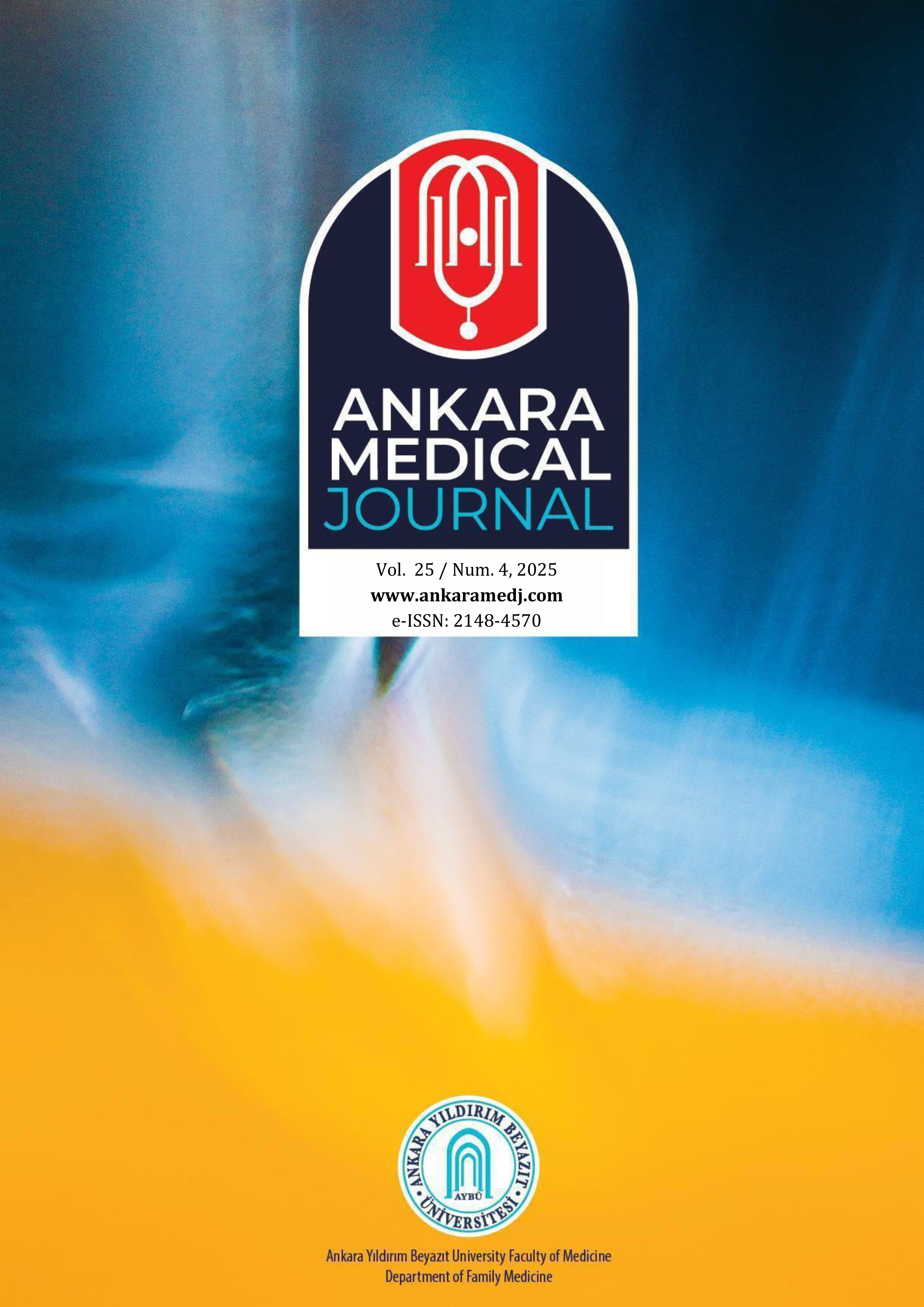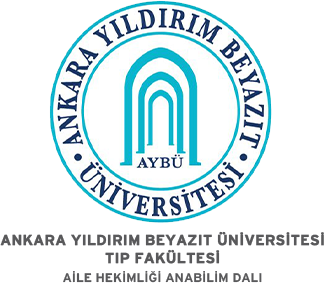Treatment Adherence And Self-Efficacy Levels Of Adults Using Multiple Drugs
NUR DEMIRBAS, Ruhuşen KutluNecmettin Erbakan University Meram Medical Faculty Department Of Family MedicineINTRODUCTION: Background: In this study, we aimed to evaluate the treatment adherence, self-efficacy levels of adult patients using multiple drugs and the effects of individual factors affecting adherence.
METHODS: Methods: A 35-year-old or older patients who has been diagnosed with chronic disease who has been using more than one medication for the last 2 months were included in the study. A questionnaire prepared by the researchers to determine sociodemographic characteristics, disease status and drug types, a Short Form of Self-Efficacy Scale for Adherence/Adaptation to Medical Treatment and Modifiye Morisky Scale were applied to the patients.
RESULTS: Results: Of the participants, 39.6% (n = 109) were male, 60.4% (n = 166) were female and the mean age was 67.42 ± 11.5 years. While 53.8% of patients said they were using their medication regularly, 44.7% were unable to use their medication regularly due to forgetfulness. The mean score of the Self-Efficacy Scale for Adherence/Adaptation to Medical Treatment was 33.65 ± 8.6 (17-52). In our study, it was found that those who were under 65 years of age, those who were married, those who were educated by elementary school or higher, those who were equal or higher than the income, those who lived with their wife in the city center, those who have been trained by a health worker about the treatment of the disease had higher both treatment adherence and Modified Morisky motivation and knowledge scores (p<0,001).
DISCUSSION AND CONCLUSION: Conclusion: Of the participants, 46.2% do not use regular drugs. It has been observed that the patients who were trained by a health worker about their disease and treatment process have increased the rate of drug compliance and treatment motivation.
Keywords: Chronic Disease, Treatment Adherence, Self-Efficacy.
Çoklu İlaç Kullanan Yetişkin Bireylerin Tedaviye Uyumu Ve Öz-Etkililik Düzeyleri
NUR DEMIRBAS, Ruhuşen KutluNecmettin Erbakan Üniversitesi Meram Tıp Fakültesi Aile Hekimliği Anabilim DalıGİRİŞ ve AMAÇ: Amaç: Bu çalışmada çoklu ilaç kullanan yetişkin hastaların tedaviye uyumlarını, öz-etkililik düzeylerini ve uyumu etkileyen faktörlerin etkisini değerlendirmeyi amaçladık.
YÖNTEM ve GEREÇLER: Materyal ve method: Daha önce kronik hastalık tanısı konmuş ve son 2 aydır birden fazla ilaç kullanan 35 yaş ve üzeri bireyler çalışmaya alındı. Hastalara sosyodemografik özelliklerini, hastalık durumu ve kullanılan ilaç türlerini belirlemek amacıyla araştırmacılar tarafından hazırlanmış bir anket formu, İlaç Tedavisine Uyum Öz-Etkililik Ölçeği Kısa Formu (MASES-SF) ve Modifiye Morisky Ölçeği (MMÖ) uygulanmıştır.
BULGULAR: Bulgular: Çalışmaya dahil edilen 275 hastanın %39,6’u (n=109) erkek, %60,4’ü (n=166) kadın, yaş ortalaması 67,42±11,5 yaş idi. Hastaların %53,8’inin ilaçlarını düzenli olarak kullandığı, %44,7’sinin ise “unutkanlık” nedeniyle ilaçlarını düzenli kullanmadığı tespit edildi. Değerlendirilmeye alınan hastaların MASES-SF puan ortalaması 33,65±8,6 (17-52) puan bulundu. Çalışmamızda 65 yaş altı olanların, evli olanların, ilköğretim ve üstü eğitimli olanların, geliri giderine eşit veya fazla olanların, il merkezinde eşi ile yaşanların ve hastalığının tedavisi hakkında bir sağlık çalışanı tarafından eğitim verilmiş olanlarda hem tedaviye uyum puanları, hem de MMÖ’den aldıkları motivasyon ve bilgi skorları daha yüksek bulundu (p<0,001).
TARTIŞMA ve SONUÇ: Sonuç: Çalışmamıza katılan hastaların %46,2’si düzenli ilaç kullanmamaktadır. Hastalıkları ve tedavi süreci hakkında bir sağlık çalışanı tarafından eğitim verilmiş hastaların ilaç uyum ve tedaviye motivasyon oranlarının artmış olduğu görülmüştür.
Anahtar Kelimeler: Kronik Hastalık, Tedavi Uyumu, Öz-Etkililik.
Manuscript Language: Turkish
(3176 downloaded)





